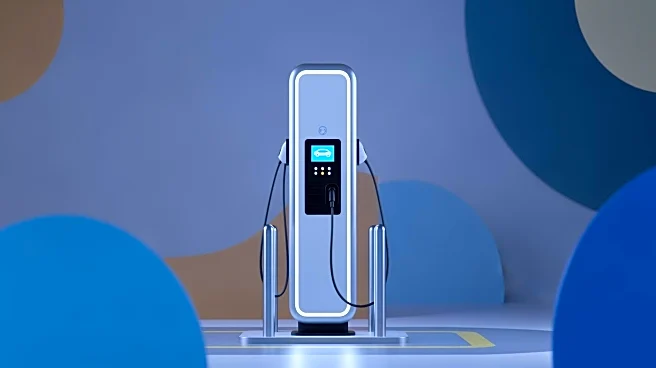What's Happening?
Tesla has reported a record-breaking quarter with 497,099 electric vehicle deliveries in Q3 2025, marking a peak for the company. Despite this achievement, investor Daniel Sparks expresses caution due
to declining margins and increased operating expenses. Tesla's GAAP gross margin fell from 19.8% to 18% year-over-year, and earnings per share decreased by 37%. Sparks highlights concerns about whether Tesla's profits can scale with revenue growth. The expiring $7,500 EV consumer tax credit contributed to the surge in deliveries, raising questions about sustainable growth. Sparks also notes the potential for Tesla's self-driving technology to boost earnings, though uncertainties remain about its timing and economics.
Why It's Important?
Tesla's recent performance underscores its ability to achieve high delivery volumes, but the declining margins and reliance on expiring tax credits raise concerns about long-term sustainability. The company's focus on self-driving technology presents opportunities for future growth, but the high valuation and uncertainties around its implementation warrant caution. Investors and analysts are closely watching Tesla's ability to maintain profitability and market leadership amid increasing competition and economic challenges. The outcome of these developments could influence Tesla's stock performance and investor sentiment.
Beyond the Headlines
The broader implications of Tesla's performance include the challenges of balancing growth with profitability in a competitive EV market. The company's reliance on tax incentives highlights the importance of government policies in shaping the EV industry's trajectory. Tesla's focus on self-driving technology reflects a strategic shift towards software and services, which could redefine its business model. However, the uncertainties surrounding regulatory approval and consumer adoption of autonomous vehicles pose risks to this strategy. Investors are weighing these factors as they assess Tesla's long-term prospects.










